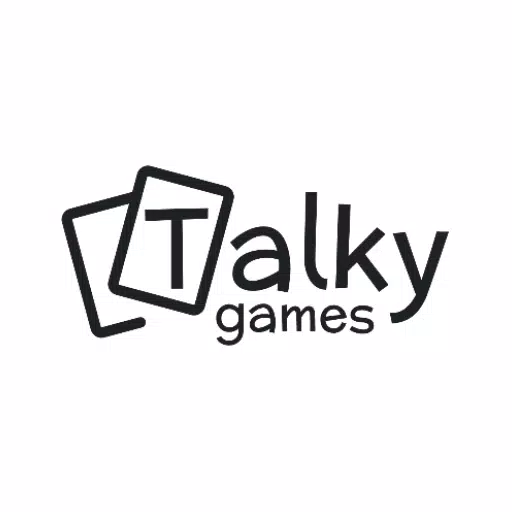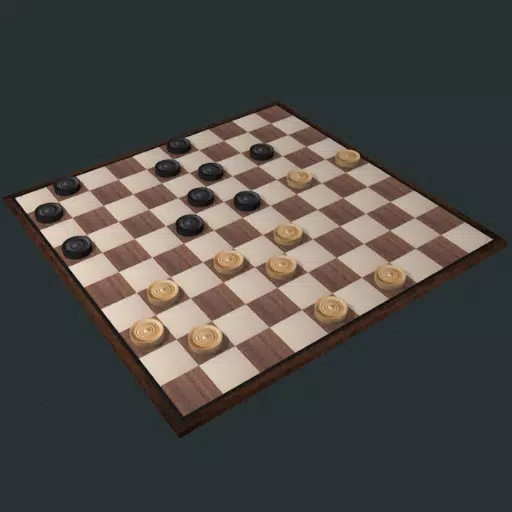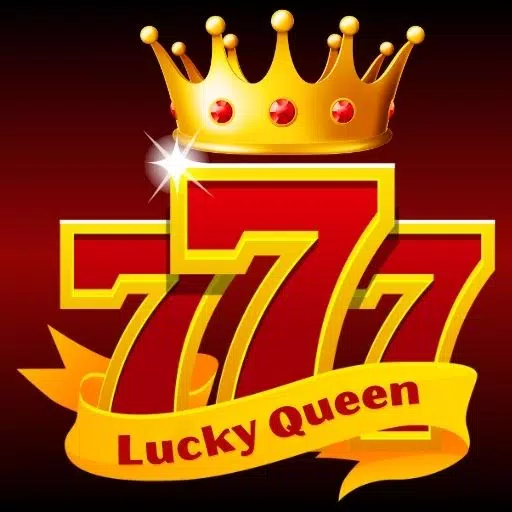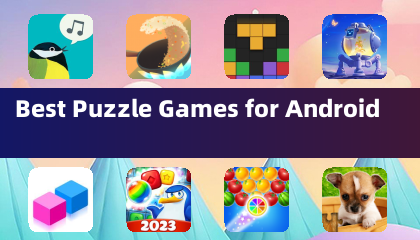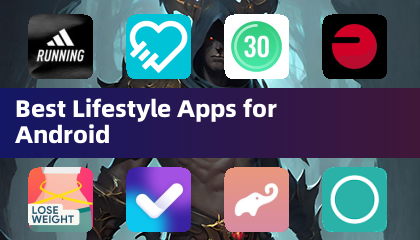EA's Origin app, launched in 2011 as a competitor to Steam, is finally being replaced by the EA app. This transition, however, comes with significant drawbacks. The clunky user experience and frustrating logins that plagued Origin haven't been resolved. Worse, users risk losing access to their purchased games if they don't actively transfer their accounts from Origin to the new EA app. This is particularly concerning for those who own games like Titanfall on Origin.
Adding to the frustration, the EA app only supports 64-bit operating systems, leaving 32-bit users in the lurch. While Steam also dropped 32-bit support in early 2024, this move highlights the precarious nature of digital game ownership. Most modern PCs use 64-bit systems, but older machines running 32-bit Windows (versions sold until 2020) are now incompatible. A simple RAM check (32-bit systems max out at 4GB) can determine if this affects you. Remediation requires a complete system wipe and reinstall with a 64-bit OS.
This situation raises concerns about digital rights management (DRM). The loss of access to purchased games due to system changes is a significant issue, mirroring similar problems on Steam. The increasing use of invasive DRM solutions like Denuvo, requiring deep system access and imposing arbitrary installation limits, further exacerbates these concerns.
A potential solution is GOG, a DRM-free platform. Games purchased on GOG can be played on any compatible hardware indefinitely, ensuring long-term access to your digital library. While this approach opens the door to piracy, it hasn't prevented new releases, with Kingdom Come: Deliverance 2 soon to be added to their catalog. The trade-off between convenience and long-term ownership remains a key consideration for PC gamers.







